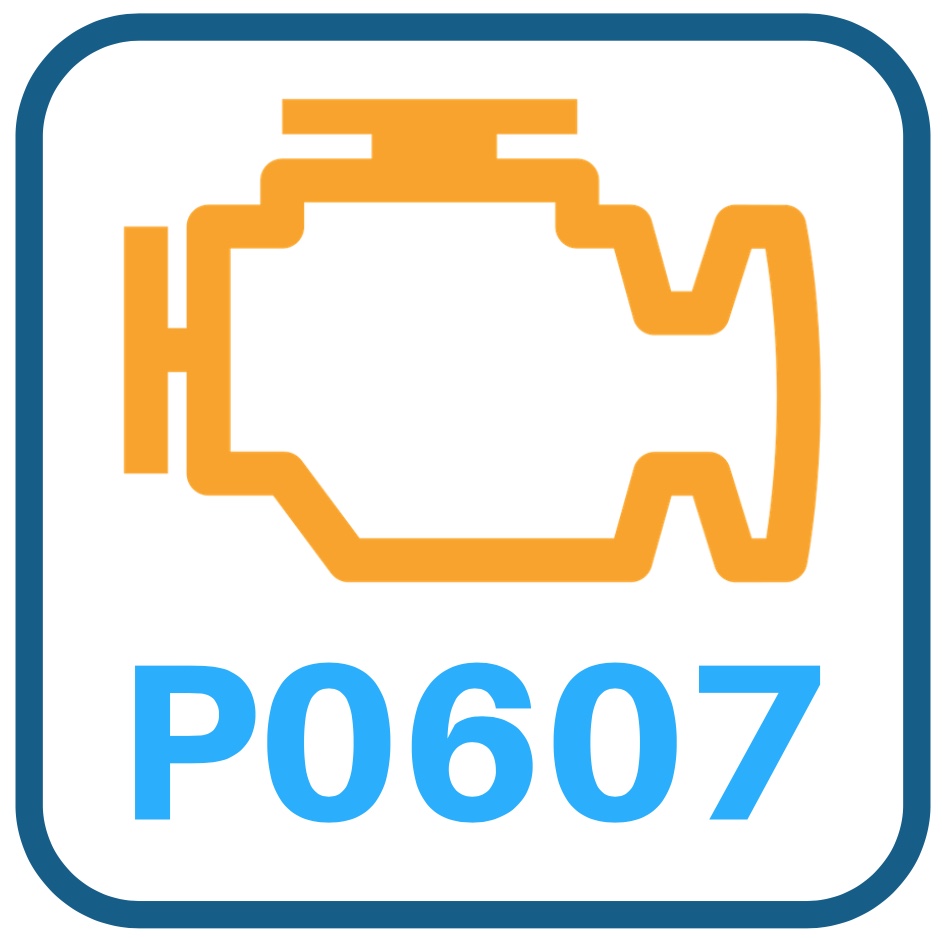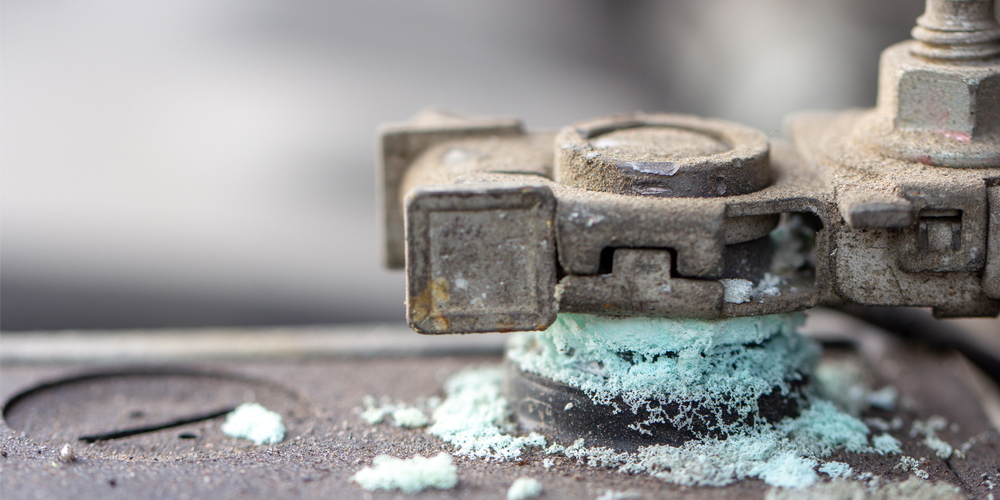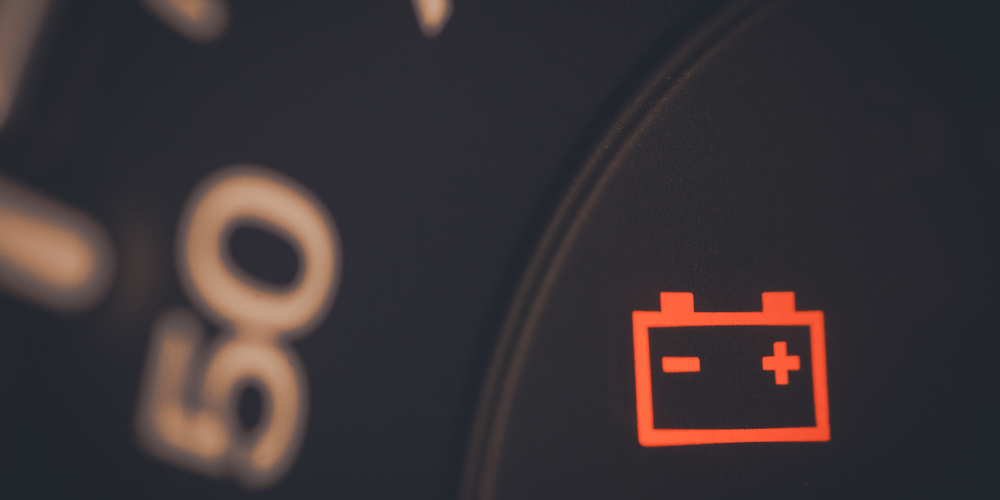P0607 is a general OBD2 diagnostic code, meaning it has the same meaning for the Toyota Sequoia as it would any other vehicle. It is not a very common code.
P0607 is most commonly caused by a bad PCM/ECM, battery, or wiring to and from the PCM.
P0607 Definition: Control Module – Performance

P0607 has a two-part meaning:
Control Module
The control module is commonly referred to as the powertrain control module (PCM) or the engine control module (ECM). It takes all of the data from the Toyota Sequoia’s various sensors and uses it to control spark timing, the air-fuel mixture, idle speed, etc…
Without the PCM, a modern vehicle’s engine will not run at all.
Performance
The PCM has detected that it is not functioning properly and has thrown P0607. Trouble codes are stored in your Sequoia’s PCM memory. So it has to be functioning in some capacity if you are able to pull the code.
Toyota Sequoia: P0607 Symptoms
P0607 can have different symptoms depending on how far the PCM has been compromised. Here they are:
- Won’t start– This is a common symptom of P0607. If the PCM isn’t functioning properly, the engine likely isn’t getting any spark. This can happen while the vehicle is moving down the road.
- Limp mode- If the PCM has a limp mode protocol, it may engage it to help you get home.
Toyota Sequoia P0607 Causes + Diagnosis
PCM failure is a rare thing. These onboard computers are designed to last the life of your Sequoia and rarely fail. But, it can happen.
This section gives you the common causes of P0607 in order from easiest to check to hardest, ending with the PCM itself.
1. Check for TSB’s
Make sure there isn’t a Technical Service Bulletin related to the PCM of your Sequoia. TSB’s are communications that Toyota uses to cover known issues with a vehicle, as well as how to deal with them.
2. Corroded Battery Terminals

Your Sequoia’s PCM needs a consistent level of voltage from the battery. If the terminals are corroded with battery acid (or if they aren’t tightened all the way) this can cause the voltage going to the PCM to fluctuate. This leads to it not being able to consistently read everything the engine is doing (or function at all).
If your battery terminals are corroded, the local parts store will sell a battery terminal cleaner that will go right over the battery posts and in the terminal. A piece of sandpaper or wire brush will work fine if you are in a pinch.
3. Bad Battery

If the battery has gone bad, it can sometimes affect the performance of the PCM. Almost anywhere that sells batteries can test it for you.
If your battery light has been coming on while driving, it is likely related to P0607. The battery light can mean that the battery is bad. It can also mean there’s a bad alternator. It would be best to start with the battery tested since testing is easier to do than the alternator.
Even if there is no battery light, the battery still can be the cause of P0607.
4. Loose Ground to PCM
If the battery looks good and tests ok, check the ground wire that runs to the PCM. You’ll need to find the pinout schematic for your specific model year Sequoia’s engine and find the ground pin and trace it to where it’s connected to the chassis.
Once you find it, confirm that the wire wasn’t damaged in any way. Make sure that it is tightly bolted to the frame. If there appears to be any rust or corrosion, unbolt it and clean the mating surfaces with sandpaper.
5. PCM Power Circuit
It is possible that the power wire going to the PCM has become damaged or shorted out. Follow the wire from the fuse panel to the PCM. Make sure that it hasn’t been damaged. Look for cut, melted, or damaged wiring.
6. PCM
The PCM may need to be replaced, or a reflash. Again, make sure there are not TSB’s for your model year Sequoia
Conclusion
There are a lot of things that you can check yourself when diagnosing P0607 in the Toyota Sequoia, but if you can’t find something wrong, take it to someone who has expertise in these things before buying a new PCM. Good luck!

